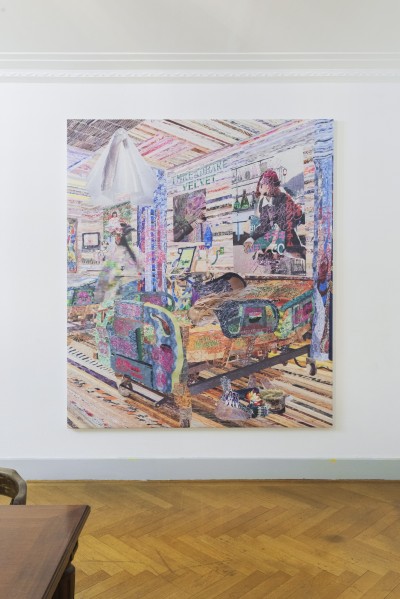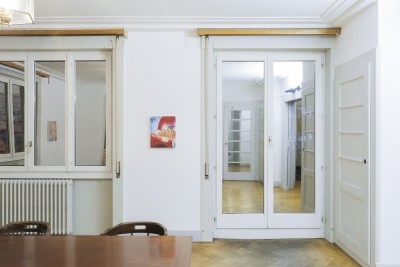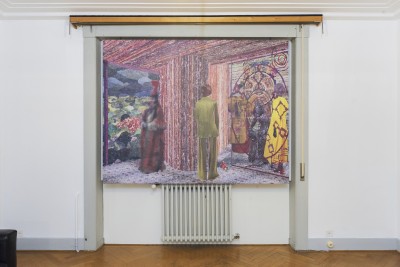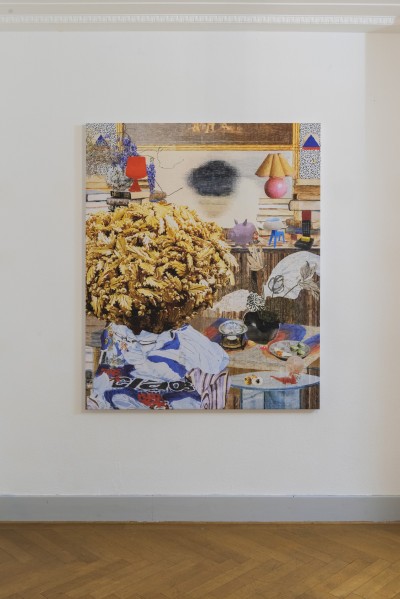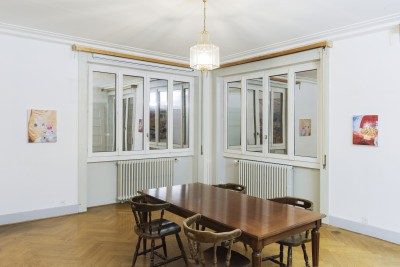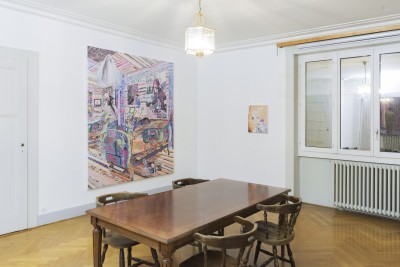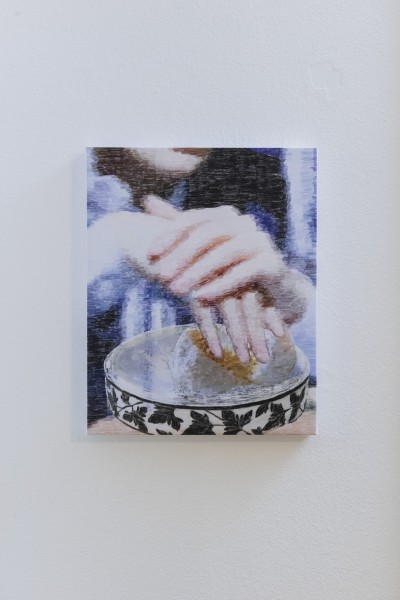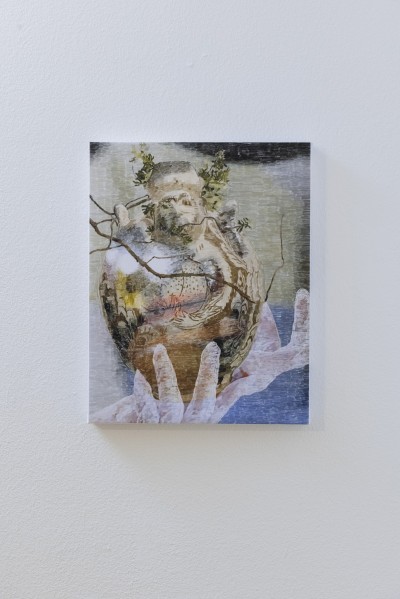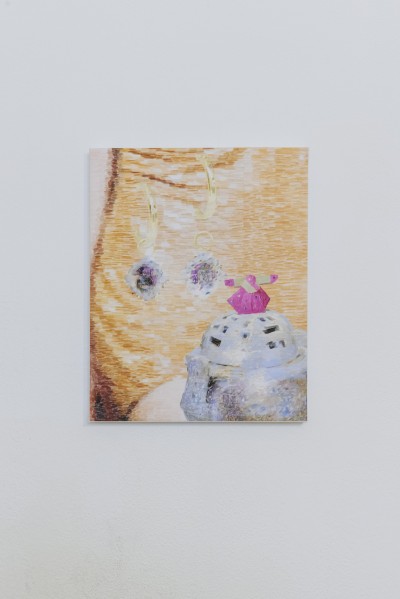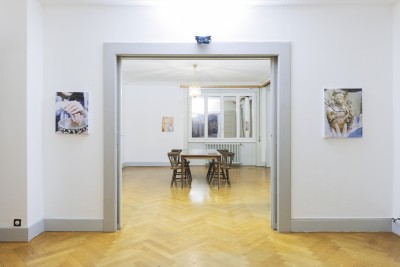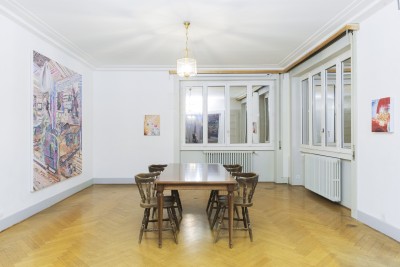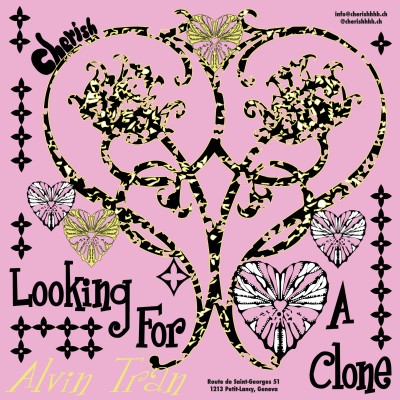**I am trying to get some lunch.
It’s close to noon on a weekday, the streets of Gangnam silent except for UNICEF volunteers and conspirators proclaiming doomsday, the remnants of yesterday’s snow. The conspirators tossle, prep their microphones, hold fliers of harmless images of biblical significance. I dodge them. I make up a lie. “No thank you,” I murmur “I’m busy.” Under the visor of their plasticine caps are the aged bags of heavy eyeballs, similar to the weightless stone carvings of church balustrades. How many afternoons have I spent bombarded by these apocalyptic messages, how many hours spent subconsciously processing their posters of how false idols propagate conspiratory slogans. Arriving at the cafe where I was headed, I drown my worries in the latest restaurant soundtrack of hyperspeed kpop.**
In Kierkegaard’s Either/Or, the aesthetic life is shunned by the religious. The sensual nature of music and art, that which transcends language, propagates an everlasting demand for desire. This coupled with Lacan’s notion of anxiety in which the subject is unaware of what the other desires in themselves, situates the spiritual vacuity of Korea and the ecosystem of Kpop
Works in Looking For A Clone confute western obsessions with the flesh and materiality of paint by readily recycling tropes of painting alongside the cool detachment of lens-based mediums such as new print technologies, digital fabrications, and photography. As the viewer makes demands on the works to give the presence of flesh, its generative quality relies on this denial.
Each figure in the works deny the audience their gaze in order to avoid the structural violence of being a signifier for an identity. Tran, who began his training in ballet, positions his dance history in relation to Kpop imagery. He examines the ways orientalist visions of western ballet repertoire and the ways Kpop bodies are used to sell commodities act as sources of hybridizing the other’s desire with performative affect, corrupting the source material – Tchaikovsky’s Chinese Dance, Twice’s La La Land. The works take on the scale of modern abstractions without seducing with the mythos of interiority. They are all surface, offering the presence of a source that no longer exists.
Alvin Tran (b. 1995) is an artist and choreographer that has recently had exhibitions and performances at Macau Dance Festival 2021, Art Night London 2019, Inner Mongolian National Troupe of Song and Dance 2018, Self-Criticism curated by Carol Yinghua Lu and Su Wei, and Shanghai Projects 2017 curated by Yongwoo Lee and Hans Ulrich Obrist.
